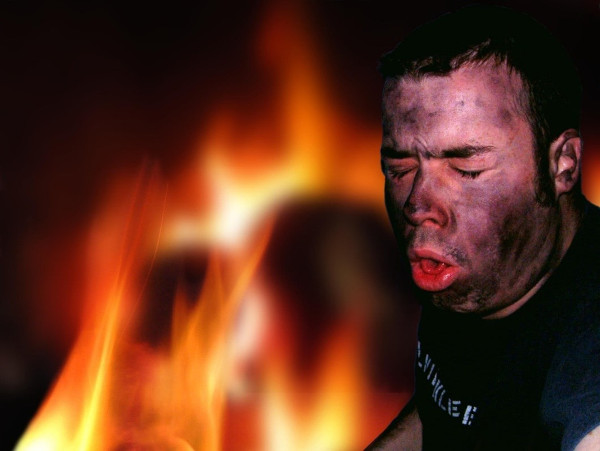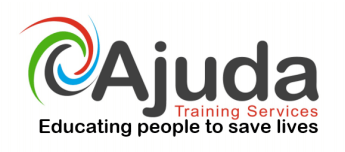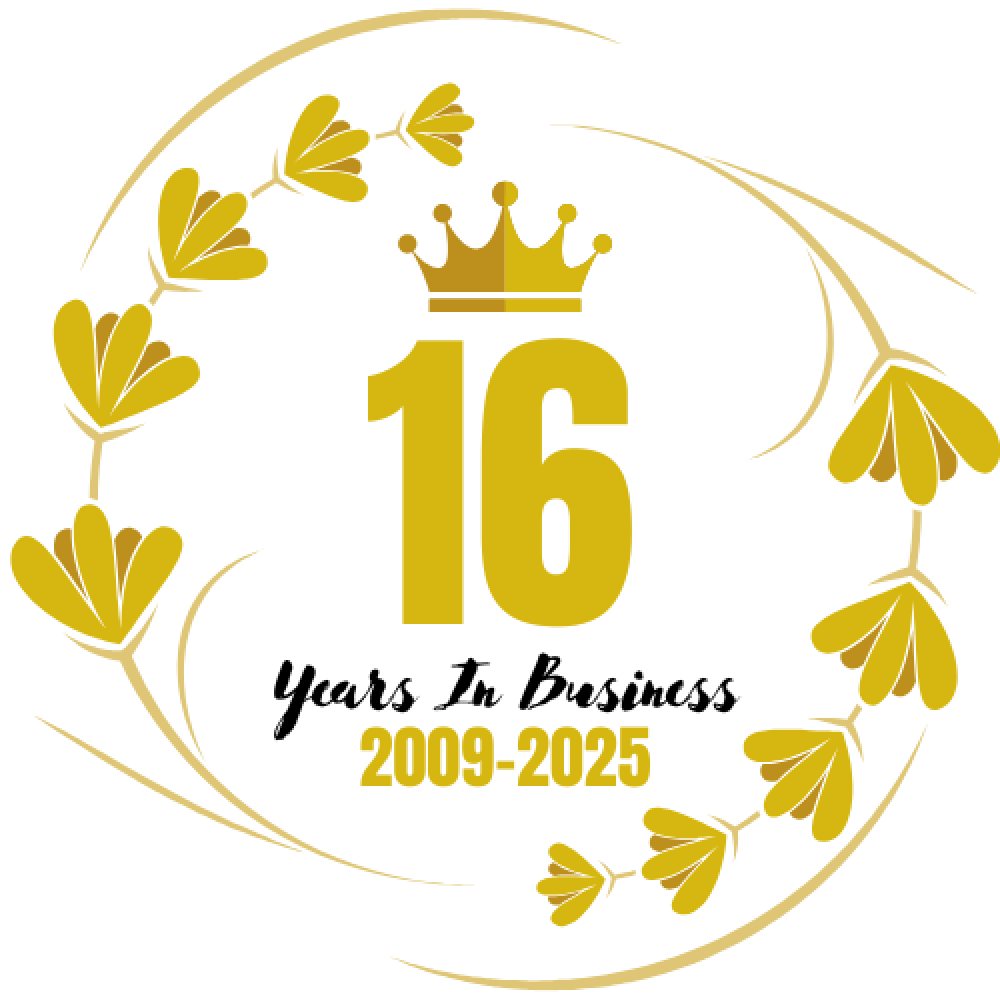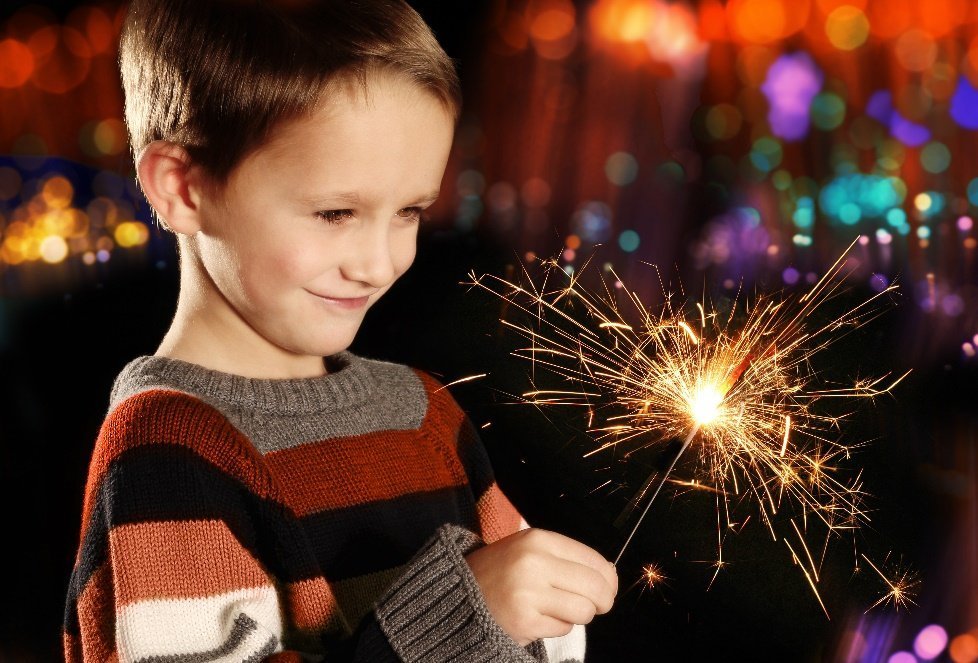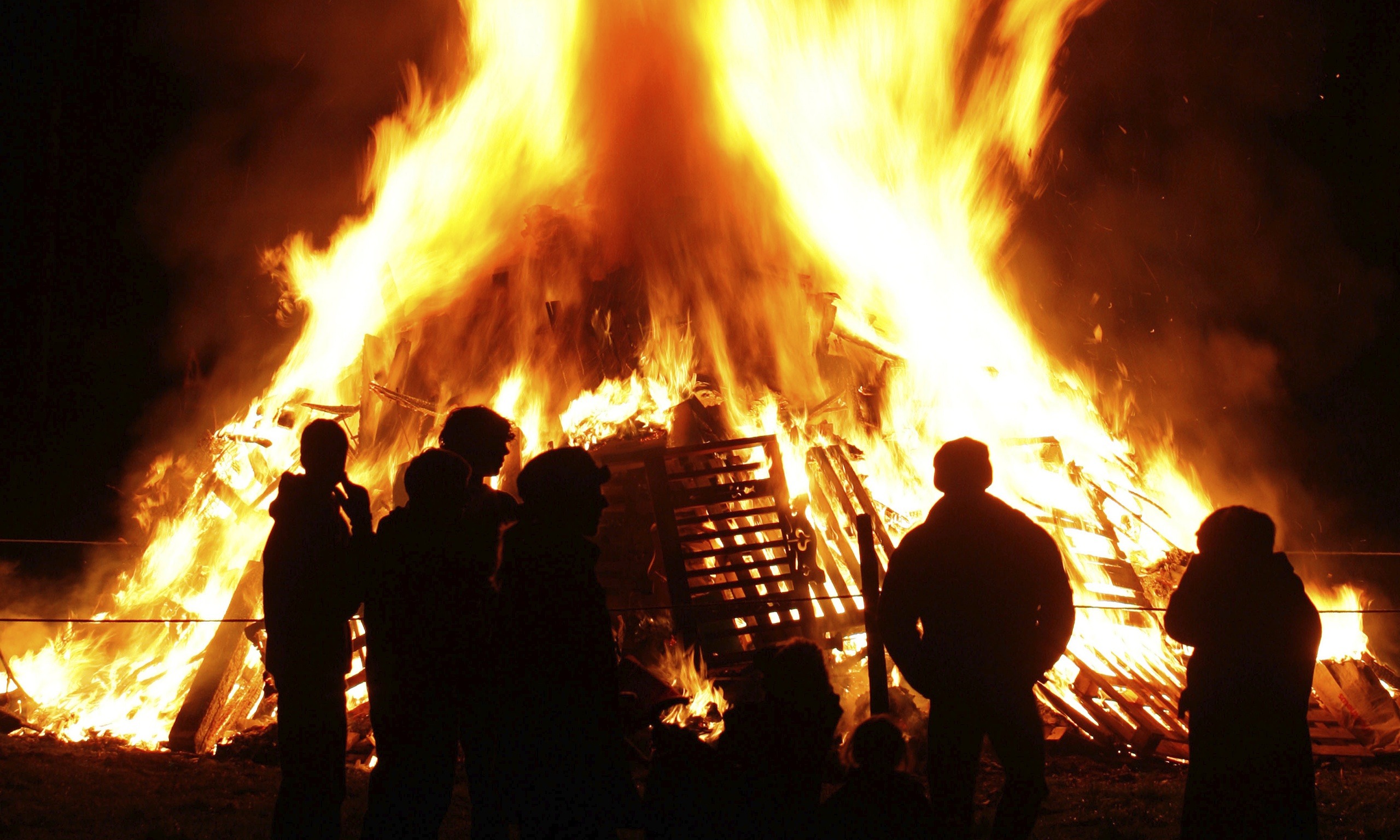
This weekend Bonfire Night will be celebrated around the UK. According to statistics from The Royal Society for the Prevention of Accidents around 1,000 people visit A&E for treatment of firework related and other bonfire night related injuries in the four weeks around the event.
Although Bonfire Night is certainly a time for fun, we’ve written this blog to provide first aid tips that are simple to learn and well help you to be prepared to treat any of these injuries if they occur.
Burns or scalds
– Run the burn under cold water for at least 10 minutes. Skin needs to be completely cool to prevent pain, scarring or any further damage.
– Remove any jewellery or clothing that is near the burn – do not remove if they are stuck to the burn.
– Don’t pop any blisters or apply creams – doing this risks making the injury worse.
– One the burn is cooled, cover with a plastic bag or clingfilm.
– If necessary, treat a casualty for shock by laying them down with their legs raised above the level of their heart e.g. on a chair.
– If the burn is on a child, or, if you think the burn is serious (e.g. deep, larger than the size of the casualty’s hand, on the hands, feet or face) call 999/112 for an ambulance. There will also be first aiders at almost all public firework displays in the UK so keep an eye out when you get to the event in case you need to go and get help.
Debris in the eye
– Do not rub the casualty’s eye or let them rub the eye as it will make it worse.
– Pour clean water over the eye to wash out what is in it or to cool the burn.
– If this does not work, try to lift the debris out with the damp corner of a clean tissue.
– If this also does not work, cover the eye with a clean dressing (if a dressing is not available make sure you use a non-fluffy material).
– Take the casualty to the nearest hospital.
Smoke inhalation
– Move as far as possible away from the smoke so that you/they can breathe in fresh air.
– Sit down or help the casualty to sit down in a comfortable position and loosen any tight clothing around the neck to help breathe normally.
– If you/they do not recover quickly, call 999/112 for an ambulance.
